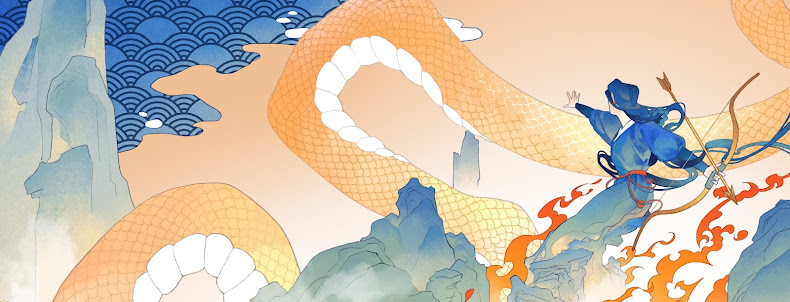This
is novel #11 in the Rougon-Macquart series and was the 6th one in
the series I had read so far (all selected at random). It so happened that all
six are set in Paris. The Ladies’
Paradise (Au Bonheur des Dames) is one where Zola is unwontedly
light-handed with his prescription of human misery.
This
novel tells how a country girl Denise tries to settle in the glamorous city of
Paris and courageously confronts all the mishaps and humiliation that her job
as a junior saleswoman in a prestigious department store entails. She witnesses
how the innovative business model allows the establishment to grow from
strength to strength under the management of the shrewd and handsome owner
Octave Mouret, who is a young widower and womanizer. Her strong common sense,
integrity and strength of will become her only tools of self defense in the
material world filled with degrading temptations, to which most of her
co-workers succumb. The worst trial comes when she realizes she has fallen in
love with Mouret who, tired of his own dissolute private life, is deeply
attracted to her.
As
the backdrop of the story, Zola paints a living picture of how the business of
a luxury department store is run on a daily basis in mid-1800s Paris and how a rapacious
expansion plan is carried out in tandem with the city’s ambitious massive
infrastructure development. Beneath all the glamour though, there is a strong
undertow that grieves the inevitable demise of small business shops and
afflictions of their owners. The story also gives a realist’s glimpse into the
lives of the average salesman and saleswoman employed in high-class department
stores.
This
novel is said to have been inspired by the development of Les Grands Magasins
du Louvre in the Place du Palais-Royal of that era.
As
with other novels in the R-M series I’ve read, Zola shows the same mastery in
this one with his descriptions of minutiae. What I liked even better though, was
still his keen insight into the human psyche and interpersonal relationships,
and how he captures the social paradigm shift of the times. I feel that at
heart he was very much a democratic socialist.
I’m
giving this novel 4.5 stars, rounded up.
Other
R-M novels I had read:-
L’Oeuvre (The Masterpiece) – 4 stars
Le Ventre (The Belly of Paris) – 4 stars
L’Assommoir (The Dram Shop) – 5 stars
La Curee (The Kill) – 5 stars
Nana (Nana) – 4 stars
Non-R-M
novel I had read:-
Therese Raquin – 3 stars
